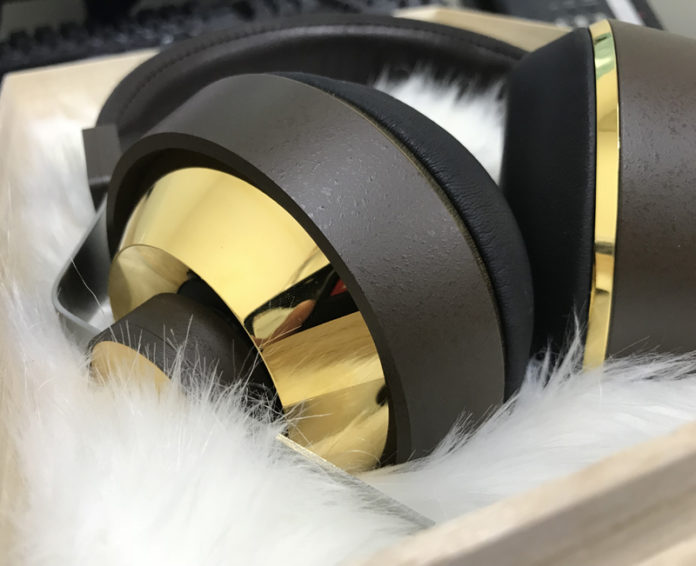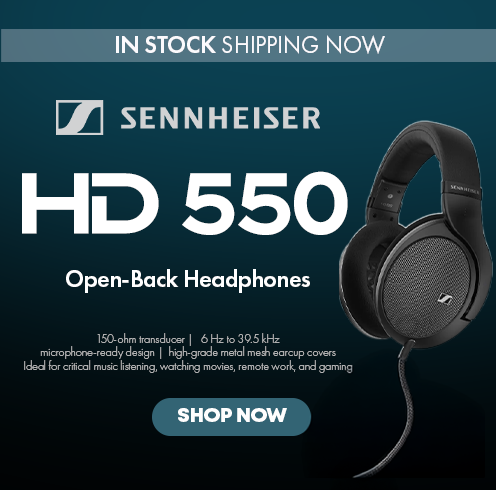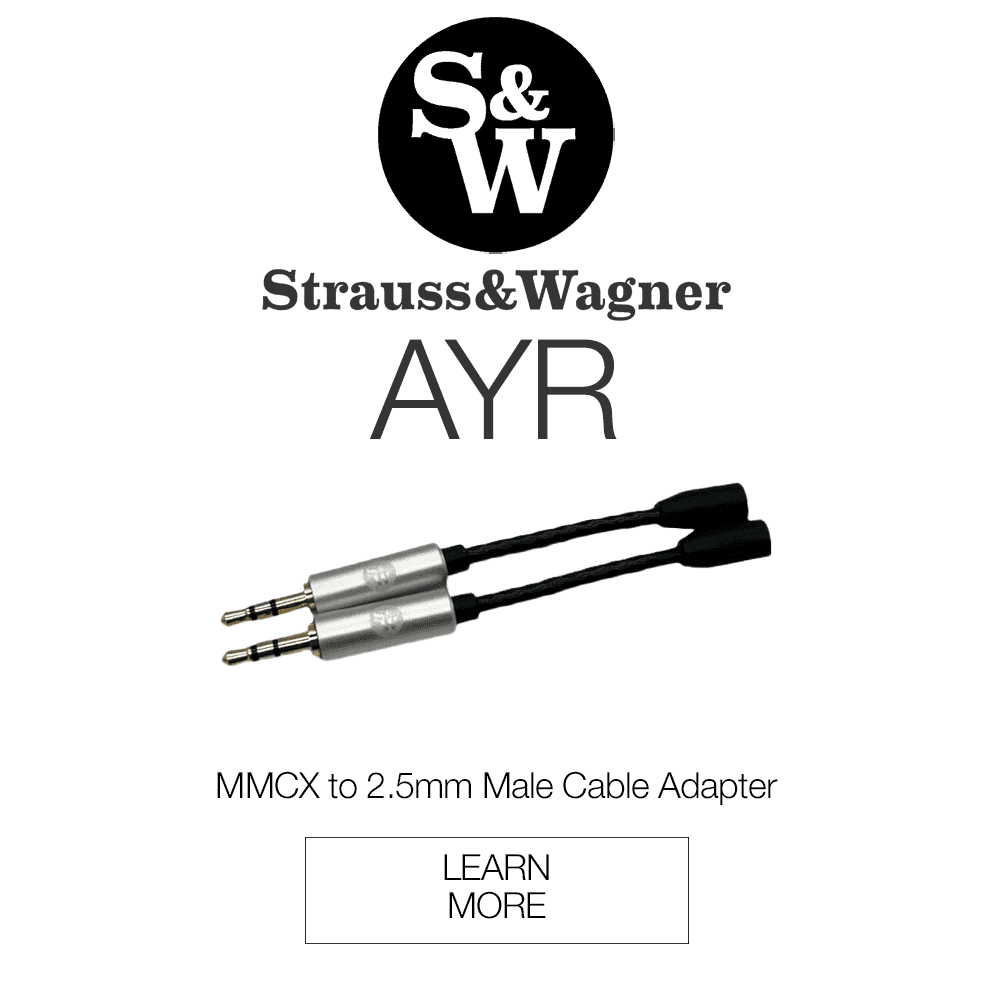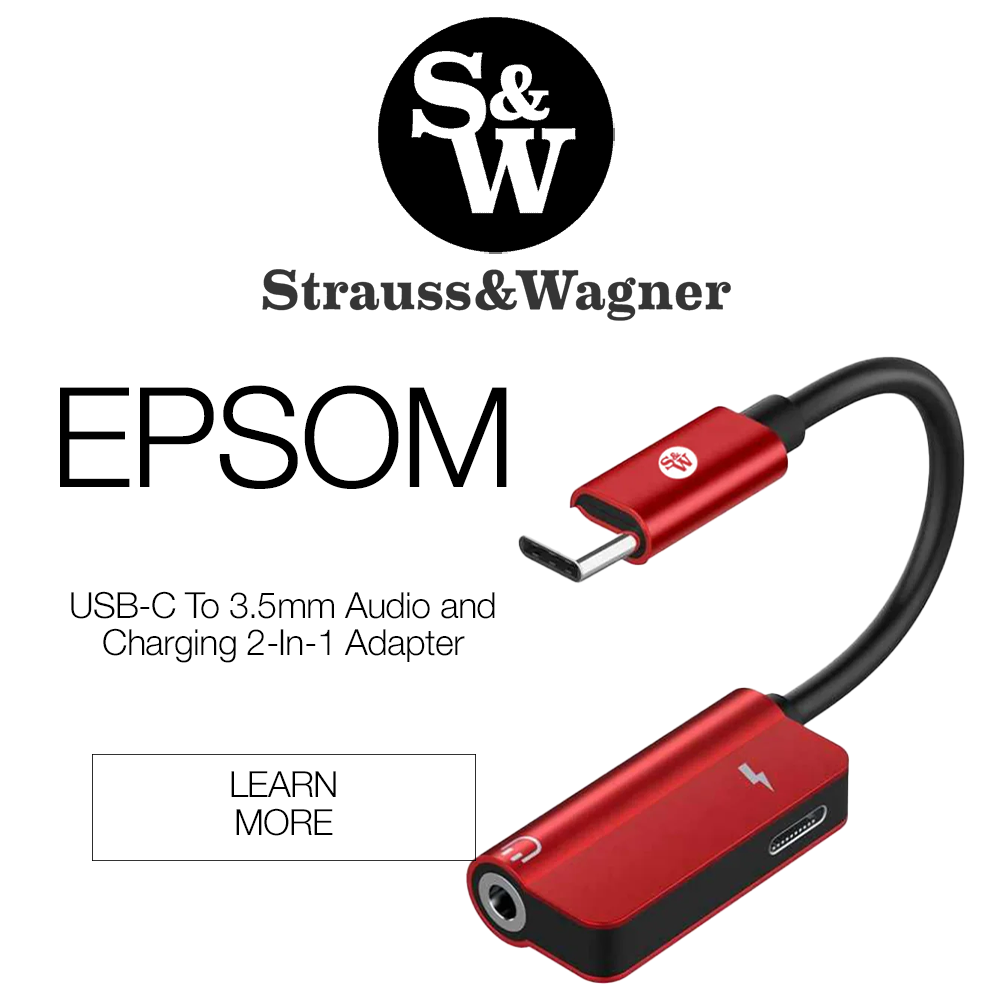Some people may think that only seasoned ears can tell the difference between a $100 headphone and a $1000 headphone. But I find that this most often isn’t the case. Even those with little headphone knowledge can usually identify “good sound” after they’ve listened to a few models back to back. That being said, one may look at the hefty price tags on some “audiophile headphones” and wonder, are they really worth it?
The short answer is yes. Though there are exceptions. But the long answer depends on a few factors, including:
- How good are your ears?
- What kind of sound signature do you gravitate towards?
- At what level are you willing to accept diminishing returns?
Should I Buy an Audiophile Headphone?
So, let’s start by covering three major decision making factors, and then we’ll discuss some of the elements that make a headphone an “audiophile headphone.”
Your Ears
I find that most people have better ears than they think. Usually, even untrained ears can tell the difference between a cheap headphone and an expensive one. There are exceptions, of course. But with the risk of stating the obvious, more expensive headphones tend to offer more detail and a cleaner sound overall. (But we’ll talk about these elements further below). And the more experienced you become listening to headphones, the more you’ll hear the differences between them in terms of clarity and overall sound signature. So, listen to at least one expensive headphone before you answer, “is it worth it?”
Sound Signature
Every headphone has its own sound signature or profile. Some are bassy and warm sounding, others are bright and light bodied in the kind of sound that they produce. Even if you buy a really expensive headphone, it may not deliver the kind of sound signature that suits your taste. There are $2000 headphones that you may not like simply because the sound signature doesn’t lend itself well to your listening style or preferred genres of music. So, when picking a pricey headphone, be sure to demo it or at least read a review about it. (And we’ll talk more about this below). Otherwise, you may be stuck with a very expensive headphone that you don’t like.
The Law of Diminishing Returns
Generally speaking, at a certain price point, the level of sound quality in terms of basic skill will only start becoming marginally better the more you spend. “Marginally,” being a relative term, depending on how well-trained your ears are. This usually happens around the $1000-$2000 level, though there are exceptions. I can think of a few $500 headphones that I prefer over models that cost $2500. And I can think of $3000 headphones that are significantly better performing than $1500 headphones. There are other factors that come into play, which we’ll explore below. But generally speaking, after 1000 bucks, the differences in sound quality will become harder to discern for untrained ears. For seasoned audiophiles, however, these differences may well be worth the extra wad of cash.
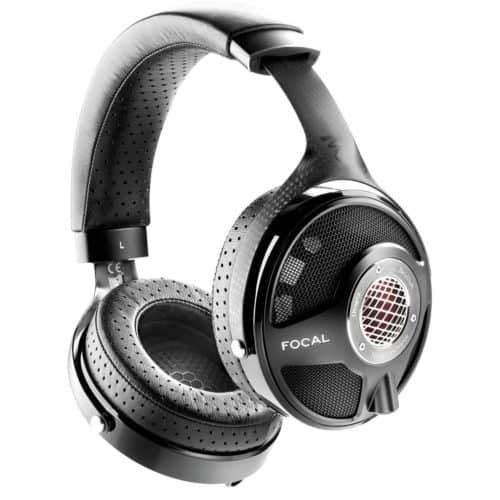
Now, if you’ve decided that you indeed want to invest in an “audiophile headphone,” you first want to consider a number of factors.
What to Look For in an Audiophile Headphone
There are many elements that make for a “skilled” headphone. In fact, there are hundreds of terms that are used to describe sound. We won’t cover all of them below, but here are some main factors you want to consider before choosing your headphone.
Transparency and Detail
How clearly can you hear the instrument. Does it sound pure? Do you hear the subtlest details of the instrument’s texture and timbre? This may be difficult to discern for new ears until they’ve listened to the same music track on a number of headphones for comparison.
Separation
Most people can tell when music sounds “muddy.” The mix will sound congested and poorly defined. An “audiophile headphone,” will have clean separation. Listening to a guitar strum, for example, you should hear the separation between guitar strings. Or listening to mixes with heavy arrangements, you should hear a clean layering of these instruments, rather than a mashed up sound where you can’t discern one instrument from another.
Control
Related to separation is control. How controlled is the sound? Does the bass guitar resonate and feel “wobbly”. Or is it tight and and disciplined in its presentation?
Soundstage
How “big” and multidimensional does the sound feel? Are instruments spread out in terms of height, depth and width? Does instruments placement feel accurate? The soundscape should feel colorful, and the best headphones will make you feel like you’re surrounded by sound. You’re looking for a 3D experience.
Balance/Tuning
In general, once you get to a level of an “audiophile headphone”, the type of balance and tuning becomes a matter of taste. Do you like the bass and high frequencies to be emphasised? Or do you want the midrange to be more present? Again, these are preferences that are difficult to identify until you’ve listened to a few pairs of headphones. The type of music you listen to will also play a role in what kind of balance you prefer. Some headphones are tuned to be “versatile”, which means they can handle many types of music genres. Others may be designed for specific genres, like classical or acoustic vs hip-hop and pop. The choices are endless. And this is partly why there are so many audiophile headphones on the market.
Character
Often, related to tuning is character. What kind of personality does the headphone have? Is it a dark headphone? This basically means, does it favor the lower frequencies over the higher frequencies? Is it a bright headphone? Does the treble take center stage over the lower frequencies. Does it sound thin? Does it sound warm and rich? You want to take all of these qualities into account before making your choice. And this answers the question as to why many audiophiles own multiple headphones. Each headphone has its own character. And again, this is why hardcore audiophiles tend to own more than one headphone.
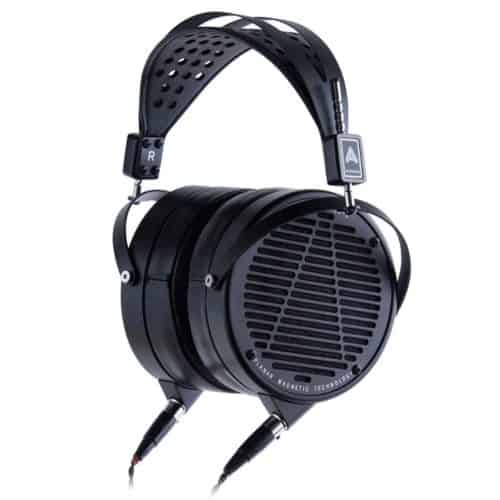
Open-Back vs Closed-Back
Open-back headphones leak sound and allow sound in. Generally, open-back headphones are considered superior, as they tend to have more spacious and multidimensional soundtsages, amongst other factors. The downside is that you can hear everything going on around you, and everyone else can hear you music. For this reason, some people prefer closed-back headphones, which isolates sound. It’s common for audiophile to use both, open-back and closed-back headphones, depending on the environment they are in.
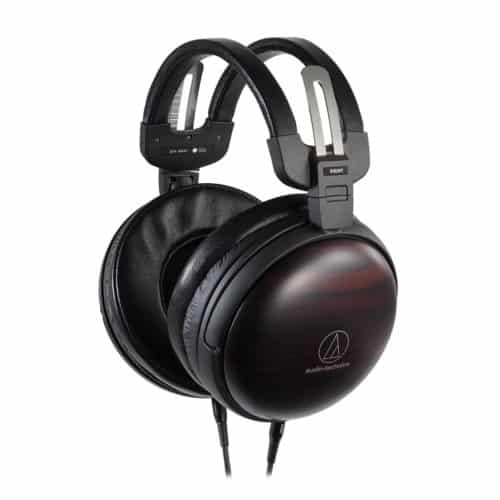
The above elements are merely a brief overview of the many characteristics that make up the sound of a headphone. So, be sure to do your research. Go demo a $%#^load of cans so that you know what you like. If you don’t have the option of trying out any headphones, make sure you read a bunch of reviews before making your first big “audiophile headphone” purchase.
Yes, if you like sound and you love music, most audiophile headphones are worth it. And again, yes, there are exceptions.
You can start perusing through MajorHifi’s Website to see what’s out there. And if you’re into getting something fancy, check out Audio 46 for an extensive line of audiophile headphones.
You can use our ranking tool to understand which audiophile headphones fit your needs.
Compare the ranking of various headphones, earbuds and in-ear monitors using our tools.
Discuss this, and much more, over on our forum.
---MAJORHIFI may receive commissions from retail offers.


